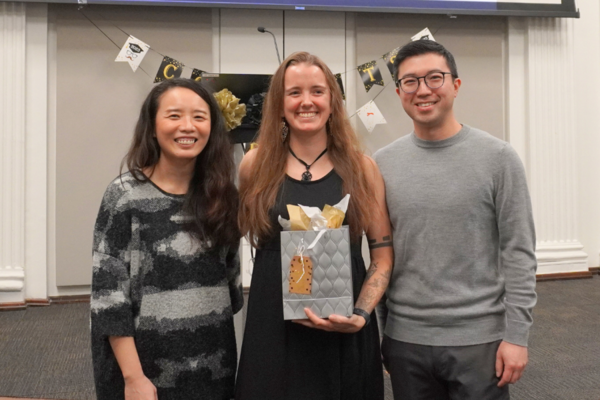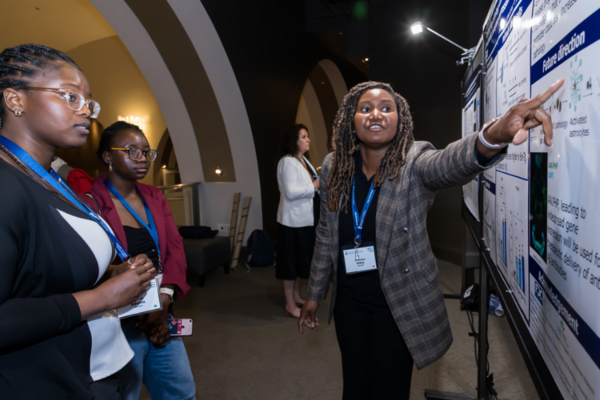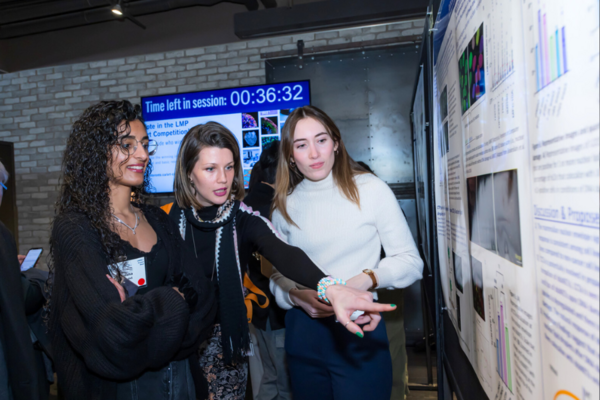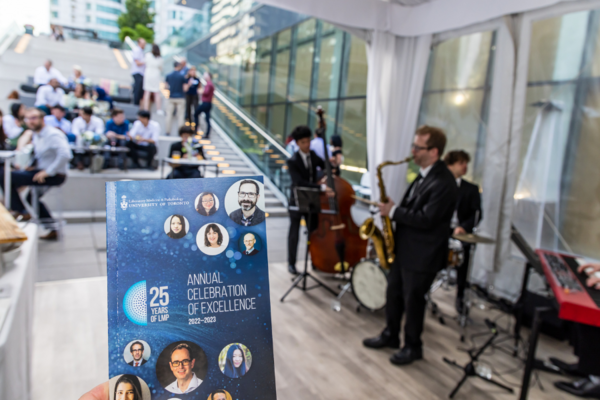The academic pathology mindset: impacting the profession through care

Pathology is the embodiment of curiosity. Often referred to as ‘disease detectives’, those who work in the field are always seeking the answers for a diagnosis, to understand why disease occurs and develops, and recommend treatment for it. Dr. Fang-I Lu is a Pathologist at Sunnybrook Health Sciences Centre and her curiosity and thirst for learning made her take that role one step further and become an academic pathologist.
Lu didn’t know anyone who was a doctor growing up, but she liked science and wanted a practical application that would lead to a steady career so thought she would “become a cardiac surgeon or something like I saw on TV”. The exposure to pathology in medical school and its visual aspect soon had her hooked. As someone who likes practical things, she loved being part of a science where what she saw on the slide correlated with what was happening on a molecular level.
She sees her role as academic pathologist as one that builds the profession. “The important part of an academic pathologist is being someone who is not just satisfied with direct patient care but wants to impact the profession more broadly.” Fang sees that clearly as caring in different ways.
“I'm very passionate about caring for patients. That's why I went to medical school, work full-time as a pathologist and strive be the best pathologist I can”. However, in a research-intensive institution like the University of Toronto, care can come in many forms.
One of her biggest passions is training the next generation of pathologists. “I’m not going to be around forever,” she laughs, “so I have a duty of care to ensure those coming up behind me are as well-trained and prepared as possible.” She was involved in the residency training program for several years, being site lead at Sunnybrook, and continues to be actively involved in teaching breast pathology to medical students, residents, and fellows. Starting this Fall, she will become the Co-Program Director of the Pathologists’ Assistant field of LMP’s MHSc in Laboratory Medicine, alongside Clinical Embryology expert, Dr. Heather Shapiro.
Her role in the residency training program and its transition into competency-based design inspired her to complete a Master’s in Health Practitioner Teacher Education at U of T. As part of her studies, and with the timing of the COVID-19 pandemic, her attention turned to not just education, but the mental health aspects of pathology. “Wellness is so important. If you have people burning out and quitting the profession, how does that contribute to patient care? It does no one any good.” She completed studies into resident burnout and depression, discovering how much mentoring and flexible work schedules can alleviate burnout.
It's not just the next generation whose training Lu cares about, but current practising pathologists. “The field is constantly changing and we are not super-human. We cannot keep up with everything. An important part of patient care is actually in continually developing ourselves and helping others to do so.” Lu has developed and communicated guidelines on handling of breast specimens after neoadjuvant therapy to influence the standardization of approaches and reporting. She is also active in continuing professional development of pathologists, having given lectures on breast pathology at multiple local and national conferences and chairing “Saturday in Pathology”, an international continuing professional development event offered by Sunnybrook Health Sciences Centre, since 2018.

Caring about talent retention and academic development is something she also believes strongly in for the Pathologists’ Assistant (PA) program. “Being a PA can be more than grossing well. The more ambitious PA who wants to develop their field often doesn’t get the opportunity and this can result in them quitting the profession altogether”. Dr. Lu wants to change this. By incorporating a more academic mindset into the training, PAs in the LMP program are developing leadership skills, learning how to conduct research and being encouraged to share their work through presentations and publications.
Lu practises what she preaches. Looking forward to her new role in the program, the first thing she speaks about is growing the role and leadership of the PAs teaching in the program. “I see myself in more of an advisory and strategic role but it’s the current PAs who are leading and developing the curriculum.”
Having been promoted to Associate Professor in 2022 for Excellence in Creative Professional Activity (CPA) and Teaching, Lu notes “As doctors, we’re striving for patient care at a community, country and international level and doing very meaningful work. It’s great to see departments like LMP in such a research-intensive university acknowledging that work around patient care in all its aspects is just as important as traditional research.”
This story showcases the following pillars of the LMP strategic plan: Inclusive Community (pillar 1), Dynamic Collaboration (pillar 2), Impactful Research (pillar 3)and Agile Education (pillar 5)
Find out more
Training to become a Pathologists’ Assistant
Residency training programs in LMP
Pathologists’ Assistant student becomes first published author in the program
Pathologists' Assistant Bootcamp: a collaborative effort across Toronto hospitals
Related papers from Dr. Lu
Lack of Standardization in the Processing and Reporting of Post-Neoadjuvant Breast Cancer Specimens



